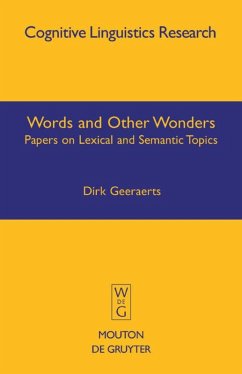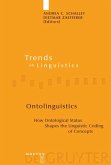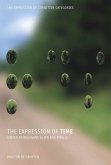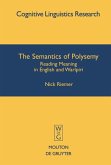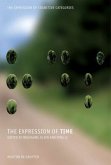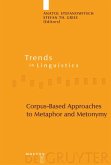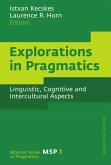Cognitive Linguistics has given a major impetus to the study of semantics and the lexicon. The present volume brings together seventeen previously published papers that testify to the fruitfulness of Cognitive Linguistics for the study of lexical and semantic topics. Spanning the period from the late 1980s to recent years, the collection features a number of papers that may be considered classics within the field of cognitive linguistic lexicology.
The papers are grouped in thematic sections. The first section deals with prototypicality as a theoretical and practical model of semantic description. The second section discusses polysemy and criteria for distinguishing between meanings. The third section tackles questions of meaning description beyond the level of words, on the level of idioms and constructions. The following section casts the net even wider, dealing with the cultural aspects of meaning. Moving away from the theoretical and descriptive perspective towards applied concerns, the fifth section looks at lexicography from the point of view of Cognitive Linguistics. The final section has a metatheoretical orientation: it discusses the history and methodology of lexical semantics.
Each paper is preceded by a newly written introduction that situates the text against the period in which it was first published, but that also points to further developments, in the author's own research or in Cognitive Linguistics at large.
The variety of topics dealt with make this book an excellent introduction to the broad field of lexicological and lexical semantic research.
The papers are grouped in thematic sections. The first section deals with prototypicality as a theoretical and practical model of semantic description. The second section discusses polysemy and criteria for distinguishing between meanings. The third section tackles questions of meaning description beyond the level of words, on the level of idioms and constructions. The following section casts the net even wider, dealing with the cultural aspects of meaning. Moving away from the theoretical and descriptive perspective towards applied concerns, the fifth section looks at lexicography from the point of view of Cognitive Linguistics. The final section has a metatheoretical orientation: it discusses the history and methodology of lexical semantics.
Each paper is preceded by a newly written introduction that situates the text against the period in which it was first published, but that also points to further developments, in the author's own research or in Cognitive Linguistics at large.
The variety of topics dealt with make this book an excellent introduction to the broad field of lexicological and lexical semantic research.
"Many other scholars in linguistics can find plenty of food for thought in this stimulating book. [...]Linguists have a lot to gain and little to lose by reading this book, especially if they never read these articles by Geeraerts when they were first published."
Craig Hamilton in: Lexis 3/2007
Craig Hamilton in: Lexis 3/2007

